HBO’s Barry final season is a gut-wrenching journey that hits close to home. The once dark comedy has evolved into something almost unrecognizable from its original premise.
What started as the story of a hitman, Barry Berkman (played by Bill Hader), trying to turn his life around by pursuing acting while still grappling with his killer instincts, has now transformed into a harrowing exploration of the damage caused by the delusions of a deeply flawed man. And it’s painful to watch.
Join our WhatsApp ChannelSeason 3 of ‘Barry’ delved deep into Barry’s delusions about being a good person, revealing the monstrous selfishness and barely concealed fury that motivates his actions, even when trying to protect those he cares about, like his girlfriend Sally Reid (played by Sarah Goldberg).
The consequences of his actions begin to infect and harm those around him, including his former friend and acting teacher Gene Cousineau (Henry Winkler), who has become a self-centred caricature of his former self, and Sally, who is struggling with the aftermath of a viral moment of rage and the trauma of killing a man in a previous season.
Even NoHo Hank (Anthony Carrigan), the bumbling Chechen mobster who has tried to distance himself from Barry, finds himself pulled back into the criminal world despite his attempts to go legit with his boyfriend Crístobal (Michael Irby).
While ‘Barry’ still has moments of humor, with jokes about Fast & Furious movies and CODA scattered throughout, the show has abandoned its comedic tone. The once recognizable big, brassy musical sting that accompanied the title card is gone, replaced by silence.
The characters now suffer brutal beatings and make dark decisions that feel inconsistent with the show’s earlier seasons, and the moral ambiguity of their actions is never in question.
Despite the unsettling turn of events, Barry’s final season is visually stunning, thanks to the skillful work of its cinematographers and directors, including co-creator Bill Hader, who directed all the episodes of the last season.
The show’s trademark visual language, featuring a dispassionate camera that pans across sets, foregrounding mundanity while violence lurks in the background, and blocking that reveals the emotions of the characters in relation to their surroundings, is still intact. The camera work often invites the viewer to notice the subtle cues and lies between characters, adding depth to the storytelling.
However, Barry’s downfall may lie in its overly rigid moral worldview. The show attempts to answer complex questions about redemption, the irreversibility of past actions, and the impact of toxic masculinity, but the characters feel subservient to this overarching theme.
Barry Berkman is portrayed as the unequivocal villain, with his past charm fading away, and the other characters seem to be caught in his orbit, unable to escape the path of destruction he has set them on.
In retrospect, the balancing act that Barry achieved in its earlier seasons, combining heightened comedy with grounded consequences of violence, was a remarkable feat. But in its final season, the show’s creators had to make a choice: focus on the comedic character study or explore the weighty questions about the repercussions of violence perpetrated by men.
Unfortunately, Barry’s final season falters in its relentless pursuit of answers, as the moral worldview overshadows the individual complexities of its characters. Barry Berkman’s transformation from a flawed but relatable protagonist to a villainous figure feels jarring and unsatisfying, leaving viewers on a miserable and unsettling journey to the very end.

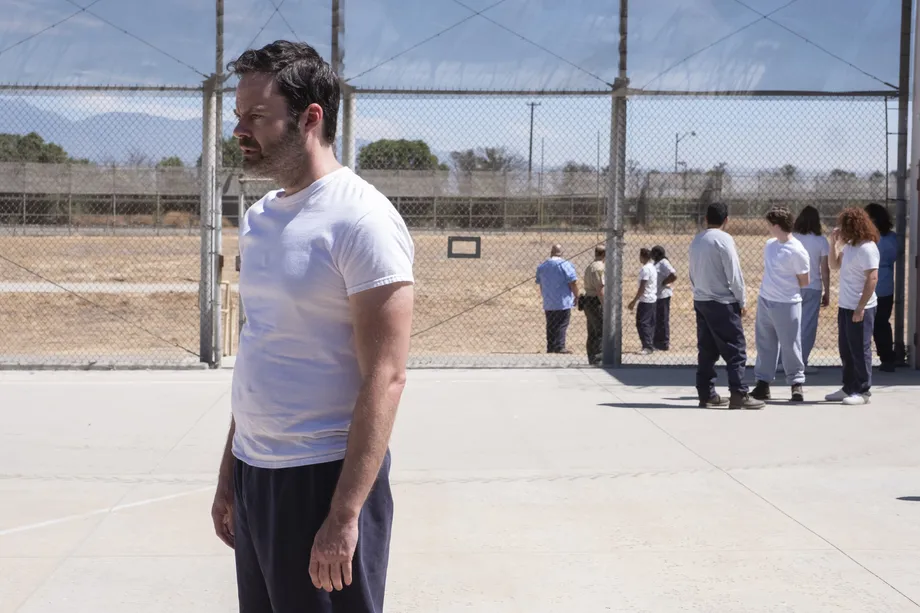


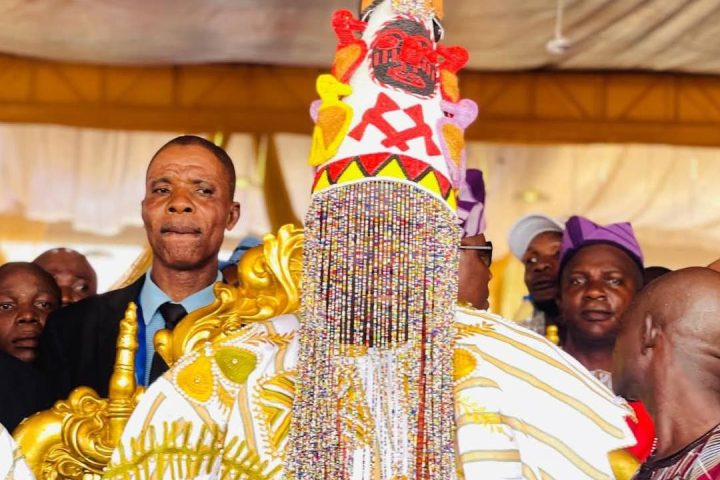
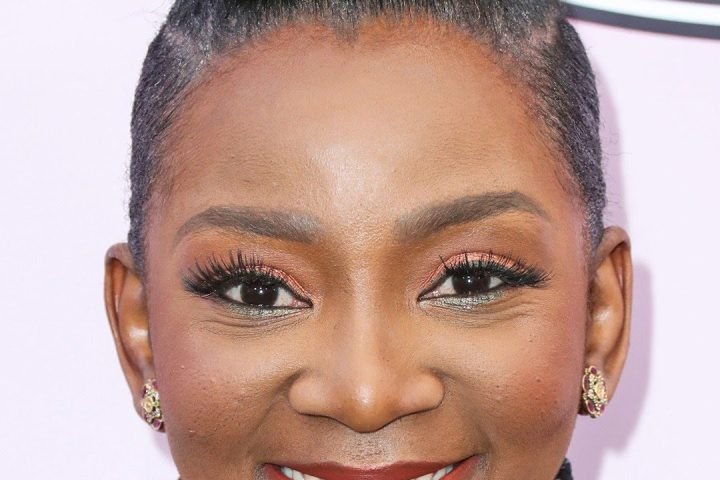
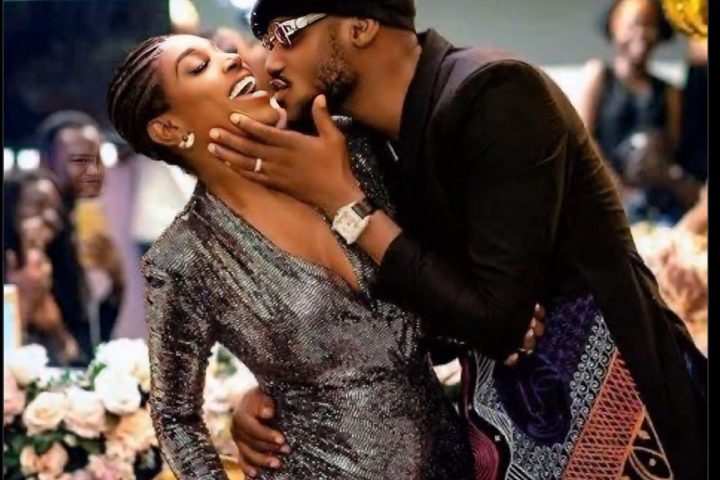








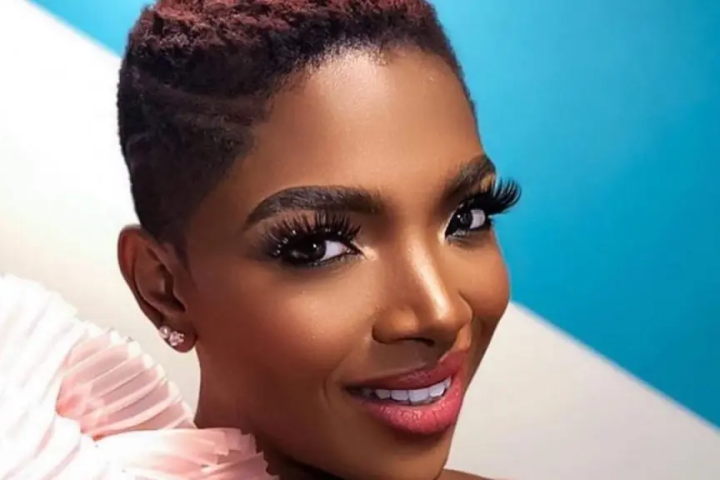

Follow Us